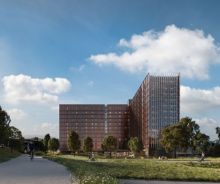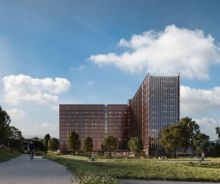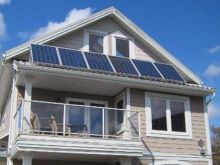XZEB 1201 – Energy and Emissions Basics
In this course, students will gain a fundamental understanding of energy and emissions including where energy comes from, how it is used or captured, and the impacts it has on people and the planet. Students will learn about climate change mitigation and adaptation, resilience, economic and health benefits, and much more.











